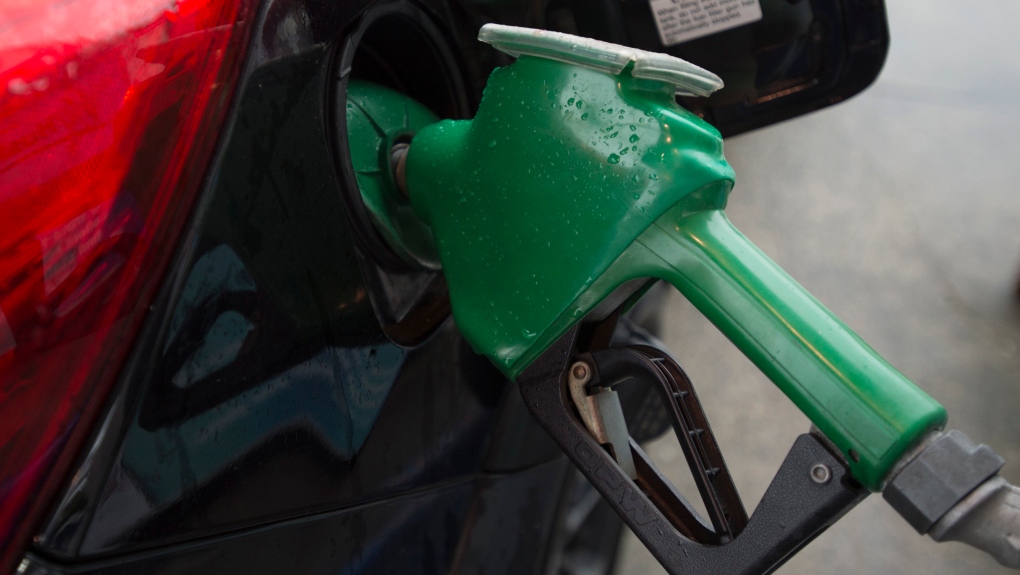
U.S. President Joe Biden on Tuesday authorized the release of oil reserves with the hopes of curbing high energy costs, but one Canadian expert says it won't be enough to turn around rising gas prices and may in fact be followed by a small increase.
The U.S. Department of Energy will release 50 million barrels of oil from the nation's Strategic Petroleum Reserve (SPR), according to the White House, which is the largest release in the reserve's history.
Yet the market responded to the announcement by bumping up the price of oil on the day by US$1.75 up to US$78.50 per barrel as of 5 p.m. EST.
"Biden's gambit did not pay off," Dan McTeague, president of Canadians for Affordable Energy, told CTVNews.ca on Tuesday. "It's fair to say his strategy blew up in his face."
Based on the market's reaction and existing trends, he said it could mean that Canadians see a small increase of a few cents at the pumps this week.
McTeague also said the amount of U.S. oil being released simply isn't enough to have a noticeable impact on consumer prices.
"When we think 50 million barrels, you know, the world consumes almost double that in a given day," he said. "So it's really a drop in the bucket."
Thirty-two million barrels of the oil will be released with the intent of it being returned in the coming years, essentially making it available for loan, while the remaining 18 million will be part of a sale that was previously approved by U.S. Congress.
McTeague said that recently there had been rumblings of the U.S. planning to dip into the SPR, and therefore such considerations may have already been baked into the price of oil prior to Tuesday's news.
"Reserves are meant for extraordinary times, and these are not extraordinary times," he said. "We didn't have a hurricane. There's not a war that's inhibiting supply."
He blames a shortfall in crude oil production for surging prices at the pump, suggesting policymakers re-evaluate green energy policies currently in effect to allow for increased supplies in fossil fuels.
"If you want to cure high prices, you've got to allow high prices to curb demand," he said. "You can't turn around and suddenly decide, 'Hey, I found a way to get a short fix here to drop energy prices by flooding the market with a simple reserve of product,' which, you know, if nothing else dropped prices increase demand. It's very counterintuitive. This is a supply problem, not a demand problem."
With files from The Associated Press
https://news.google.com/__i/rss/rd/articles/CBMidmh0dHBzOi8vd3d3LmN0dm5ld3MuY2EvYnVzaW5lc3Mvd2lsbC1nYXMtcHJpY2VzLWluLWNhbmFkYS1iZS1hZmZlY3RlZC1ieS1iaWRlbi10YXBwaW5nLWludG8tdS1zLW9pbC1yZXNlcnZlcy0xLjU2Nzg1OTbSAQA?oc=5
2021-11-24 01:14:00Z
1186906051
Tidak ada komentar:
Posting Komentar